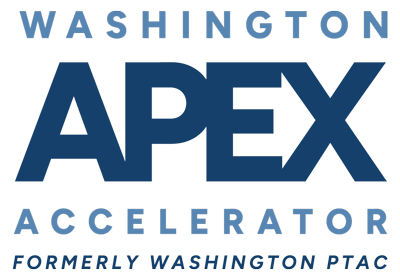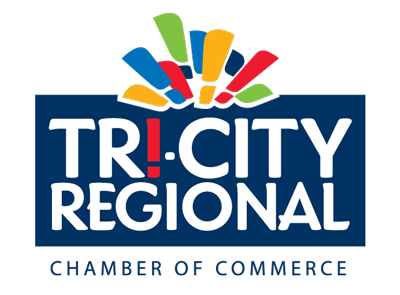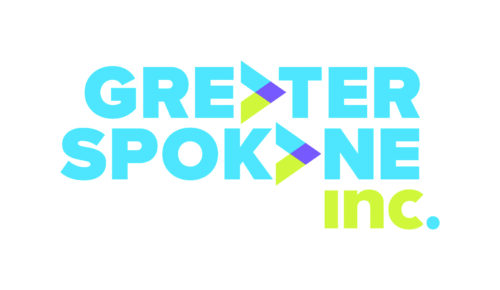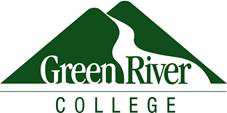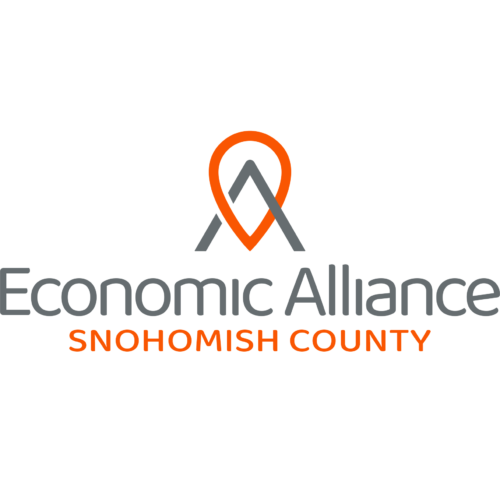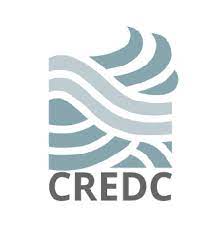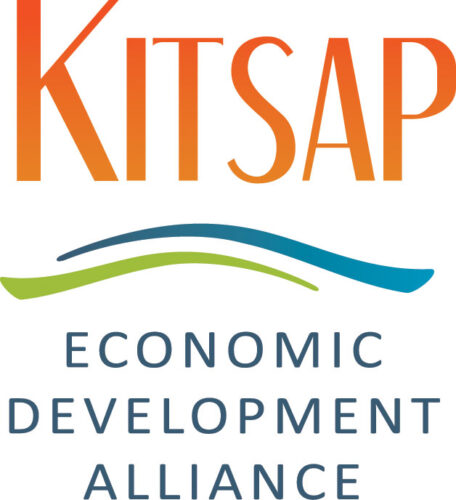If you’ve been interested in applying to the SBA’s 8(a) Business Development Program, but have a close family member who has already participated in the 8(a) Program, SBA’s message–until now–has been, for the most part, “thanks, but no thanks.”
But in a new rule taking effect on November 16, 2020, SBA has dialed back on the restrictions applicable to people who want to participate in the 8(a) Program, but who have immediate family members who have previously received 8(a) benefits.
Until now, SBA has applied what I sometimes call the “one 8(a) company per family” rule. The current regulation says:
An individual may not use his or her disadvantaged status to qualify a concern if that individual has an immediate family member who is using or has used his or her disadvantaged status to qualify another concern for the 8(a) BD program. The AA/BD may waive this prohibition if the two concerns have no connections, either in the form of ownership, control or contractual relationships, and provided the individual seeking to qualify the second concern has management and technical experience in the industry. Where the concern seeking a waiver is in the same or similar line of business as the current or former 8(a) concern, there is a presumption against granting the waiver. The applicant must provide clear and compelling evidence that no connection exists between the two firms.
Figuring out who qualifies as an “immediate family member” requires a bit of bouncing around–moving from 13 C.F.R. 124.105, which I just quoted, to 13 C.F.R. 124.3. In 13 C.F.R. 124.3, SBA says that the term “immediate family member” means “father, mother, husband, wife, son, daughter, brother, sister, grandfather, grandmother, grandson, granddaughter, father-in-law, and mother-in-law.”
For individuals with an immediate family member who controls, or has controlled, an 8(a) company, it has been very difficult to obtain and maintain 8(a) status. If an individual’s immediate family member ever controlled an 8(a) company, even many years ago, the individual’s company already starts with two strikes. And if the 8(a) applicant and the immediate family member’s 8(a) company are in the same or similar line of business, there must be “no connection” whatsoever between the companies, even after the second company is admitted to the 8(a) Program.
But now, SBA says that the “no connection” policy went too far. In its commentary accompanying the new rule, SBA says:
SBA believes that requiring no connections is a bit extreme. If two brothers own two totally separate businesses, one as a general construction contractor and one as a specialty trade construction contractor, in normal circumstances it would be completely reasonable for the brother of the general construction firm to hire his brother’s specialty trade construction firm to perform work on contracts that the general construction firm was doing.
Still discussing the hypothetical brothers, SBA continues:
Unfortunately, if either firm was a current or former [8(a) Program] Participant, SBA’s rules prevented SBA from certifying the second firm for participation in the program, even if the general construction firm would pay the specialty trade firm the exact same rate that it would have to pay to any other specialty trade construction firm. SBA does not believe that makes sense. An individual should not be required to avoid all contact with the business of an immediate family member. He or she should merely have to demonstrate that the two businesses are truly separate and distinct entities.
Elsewhere in its commentary, SBA reiterates that it “does not believe a firm should be penalized for having an immediate family member participate in the 8(a) BD program.”
That’s an important policy shift, but it doesn’t mean that family relationships will be completely irrelevant moving forward. The new rule says that an individual “may not use his or her disadvantaged status to qualify a concern if that individual has an immediate family member who is using or has used his or her disadvantaged status to qualify another concern for the 8(a) BD program” and one of four circumstances exist:
(i) The concerns are connected by any common ownership or management, regardless of amount or position;
(ii) The concerns have a contractual relationship that was not conducted at arm’s length;
(iii) The concerns share common facilities; or
(iv) The concerns operate in the same primary NAICS code and the individual seeking to qualify the applicant concern does not have management or technical experience in that primary NAICS code.
After the new rule takes effect, 8(a) applicants and participants will no longer have to demonstrate “no connection” with current or former 8(a) firms controlled by immediate family members. Instead, SBA generally will examine whether the two firms appear to be operating too closely, such as by sharing ownership or facilities.
In my view, this is a positive change. I agree with SBA that the old rule has been too harsh. The new rule ought to let SBA focus on the underlying policy, namely, that people who used their 8(a) eligibility should not get a “second bite at the apple” by controlling a second 8(a) company. At the same time, the new rule should allow SBA to avoid penalizing people whose companies are truly independent, but whose immediate family members used their 8(a) status.
One final note: SBA’s new rule applies only to 8(a) Program eligibility, not SBA’s requirements to qualify as a small business. SBA’s affiliation regulations still include a provision saying that “firms owned or controlled by married couples, parties to a civil union, parents, children, and siblings are presumed to be affiliated with each other if they conduct business with each other.” Under the new 8(a) rule, it’s possible that a firm’s relationship with a company controlled by an immediate family could be acceptable for 8(a) purposes, but still cause affiliation under SBA’s size rules. Caution is warranted.
That said, I think SBA’s new 8(a) regulation is a step in the right direction. It’s unfair to allow the same person to indirectly control an 8(a) company after his or her 8(a) eligibility has expired–but it’s also unfair to penalize an 8(a) applicant just because a close family member has controlled an 8(a) company. The new rule strikes a better balance.
Questions about this post? Or need help with a government contracting legal issue? Email us or give us a call at 785-200-8919.
Looking for the latest government contracting legal news? Sign up for our free monthly newsletter, and follow us on LinkedIn, Twitter and Facebook.
The post SBA Dials Back on 8(a) Program “Immediate Family” Restrictions first appeared on SmallGovCon – Government Contracts Law Blog.
Syndicated from SmallGovCon

